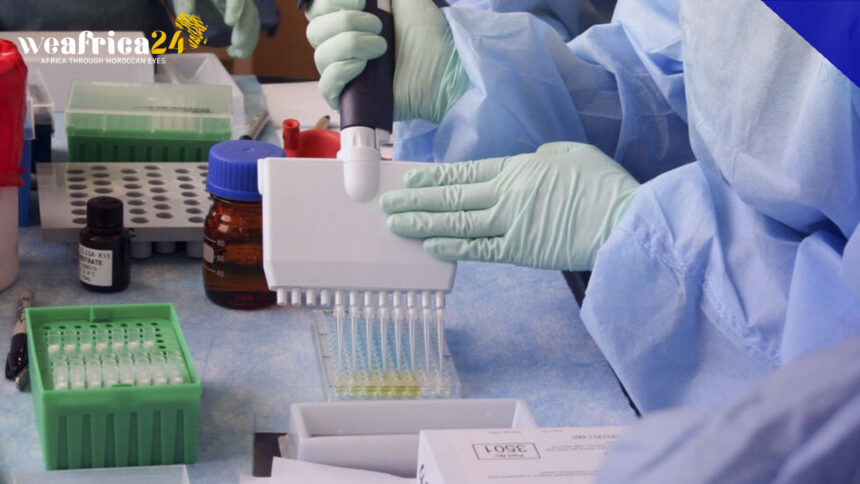The Overseas Academy of Sciences (Asom) celebrates its 100th anniversary on May 26th, 2023 in Paris. Asom, which was originally an “Academy of Colonial Sciences”, now works for the circulation of knowledge between countries, particularly in the field of pandemics, even if challenges remain to be met, particularly in that of the movement of researchers from the countries of the South towards those of the North.
It’s a birthday celebrated with great fanfare this Friday at the Sorbonne. The Overseas Academy of Sciences (Asom) celebrates its 100th anniversary. Officially launched in 1923, in its early days it studied issues related to the colonies and was also called the “Academy of Colonial Sciences”.
One hundred years later, it is an institution that works for the circulation of knowledge between countries. And especially between the countries of the North and the countries of the South. And if there is one area where this is essential, it is in the fight against pandemics.
The fight against HIV, a turning point
Discuss, collaborate, but above all move forward together to improve the health of citizens around the world. For Professor Jean-François Delfraissy, immunologist and president of the National Consultative Ethics Committee and interviewed by Gwendal Lavina, this desire takes on its full meaning in the fight against HIV. Especially when triple therapy was discovered in the 1990s: “The cry of colleagues, particularly from sub-Saharan Africa, was to say: the drugs are in the North and the patients are in the South. »
According to him, this is when real cooperation between scientists takes place, which will then be used in the face of Ebola or Zika. “There was also a whole series of scientific relationships, therapeutic trials, questions asked that may have been put in place,” adds Jean-François Delfraissy.







